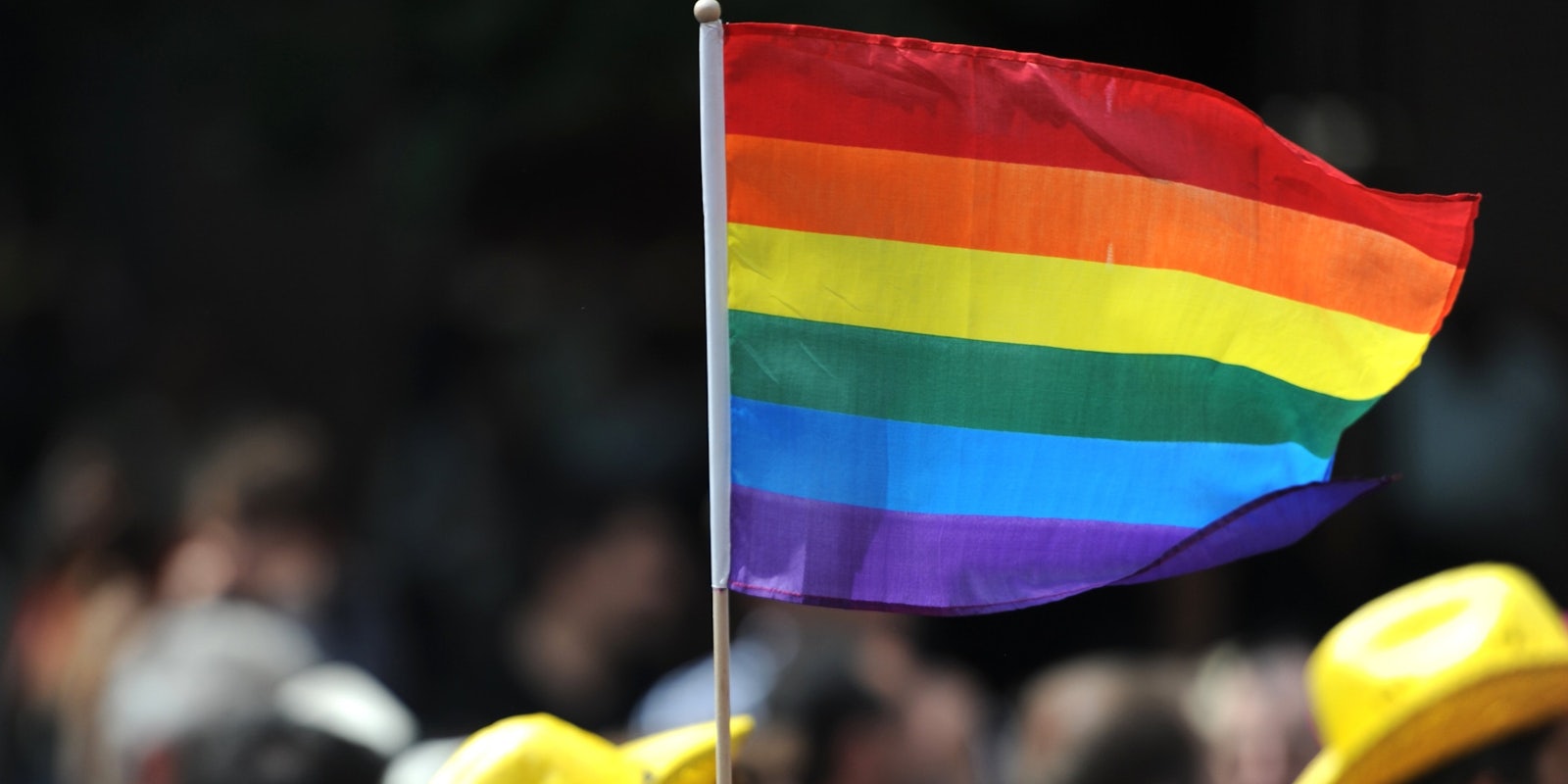A bill filed by North Carolina lawmakers on Wednesday would protect LGBTQ and LGBTQ-allied citizens from hate crimes. It would also increase penalization for certain offenses from misdemeanors into felonies, according to WCNC.
The anti-hate crime legislation comes shortly after Caldwell Presbyterian Church, an LGBTQ-inclusive church in Charlotte, was broken into and vandalized. Graffiti was written within the building, with one vandal using a verse from Leviticus to attack the house of worship’s LGBTQ stances.
“[It] has to do with the sin of a man lying with a man,” Sally Herlong, operations and business manager for the church, told WCNC.
The Human Rights Campaign notes that North Carolina LGBTQ protections are sparse. Currently, the state has no laws protecting people or communities from crimes “based on sexual orientation and gender identity.” The state also does not have any laws protecting LGBTQ citizens from discrimination with regards to housing, employment, public accommodations, or schools.
Rather, North Carolina has been an ongoing battleground for the H.B. 2 law, which forces transgender citizens to access bathrooms based on their birth certificate’s sex marker, not their gender identity—and bans further LGBTQ antidiscrimination ordinances on both the municipal and state level. A repeal was proposed in the North Carolina General Assembly earlier this week, but LGBTQ activists believe the bill does not properly reverse H.B. 2’s actions.
North Carolina’s hate crime laws are relatively minimal as well. According to a report on the 2015 Chapel Hill shooting in the Albuquerque Journal, North Carolina law focuses on specific hate crimes—such as cross-burning or intimidation via specific items, such as a lynch noose—to try and prosecute hate crimes. Because the legislature is largely ambiguous, trying hate crimes can be difficult. In the case of the Chapel Hill shooting, experts noted that the prosecutors would have to prove that suspect Craig Stephen Hicks targeted three Muslim students based on their religion, race, or nationality.
For this reason, passing hate crime legislation protecting LGBTQ citizens may be difficult. The North Carolina Values Coalition, which dedicates itself to “preserving and advancing the interests of faith, family, and freedom in the political arena,” has opposed the measure strongly.
“There’s no need to add these categories to the existing hate crimes law—which is very hard to apply and interpret anyway,” Tami Fitzgerald told WCNC.
Meanwhile, Equality North Carolina’s director of advancement, Matt Hirschy, is stressing the importance of the new legislation.
“Our state is certainly not one that’s considered to be friendly to LGBT people, which makes it all the more important that these protections are passed,” he said to WCNC.
H/T WCNC


